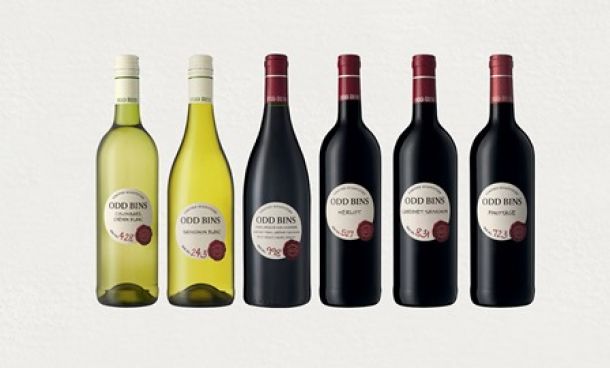Wine label war: A case of sour grapes
Two winemaking giants clashed in the high court in Pretoria over a logo. Ultimately, Boschendal winemakers, which wanted to use the trademark “A Cape Icon Since 1685”, scored a victory over rival Groot Constantia, which had taken the matter to court.
It might have been a question of sour grapes, as Groot Constantia objected to this logo on the grounds that the public would be misled and to understand that Boschendal had been wine producers or trading in winemaking since 1685.
Groot Constantia’s case was that “as the proposed trademark is misleading”, it should not be registered.
The application was launched by the Groot Constantia Trust, which owned the prestigious Groot Constantia Estate in the Western Cape, against DGB Ltd, the proprietors of the Boschendal trademark, which operates a historical and prestigious wine farm in the Franschhoek region.
According to the counsel for Groot Constantia, Boschendal acknowledged that its winemaking activities did not commence from 1685.
The applicant argued that the new proposed logo would elevate Boschendal’s status of producing “an iconic wine since 1685”.
Boschendal, on the other hand, contended that while the phrase is used in relation to its wines, it does not in itself describe these wines or indicate when any of its wine was produced.
It said the logo clearly refers to the date on which it was established.
This would identify the estate from which the wines originate and neither the use of “1685”, nor the mark itself, would suggest that 1685 was the year winemaking commenced at Boschendal.
Judge Legodi Phatudi held the view that an average consumer of Boschendal wine, who exercises reasonable care and having proper eyesight, would probably interpret the mark in a variety of ways.
These include that the estate has been in existence since 1685, that the farm was founded in that year or that because of the date the estate is iconic in the Cape.
A historian also confirmed to the court that the farm was established in 1685 and the court was shown a copy of the original title deed, which is in Dutch.
The judge said that at one stage the farm belonged to Cecil John Rhodes, who ran a fruit farm at the time.
The South African Heritage Resource Council also proclaimed Boschendal Estate a National Heritage Site.
The judge said there was nothing to suggest Boschendal would use the date to suggest that was when it had started to make wine.
He said there could also be no objection to the word “icon”, which, according to Judge Phatudi, “seems to be a thorny issue in Groot Constantia’s flesh”.
He concluded that Boschendal was a historical landmark, and thus seen as an icon.
Pretoria News
News Category
- International retailers
- On the move
- Awards and achievements
- Legislation
- Wine and liquor
- Africa
- Going green
- Supplier news
- Research tools
- Retailer trading results
- Supply chain
- Innovation and technology
- Economic factors
- Crime and security
- Store Openings
- Marketing and Promotions
- Social Responsibility
- Brand Press Office
Related Articles

Makro secures exclusive rights to SA’s most sou...

Checkers adds 41 new wines to Odd Bins range

With petrol at almost R20 a litre, food prices ...

Petrol price shocker for South Africa


